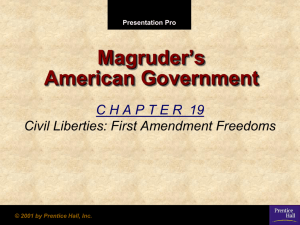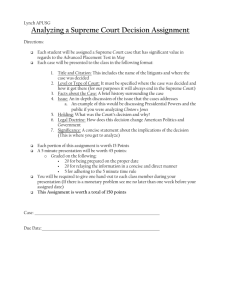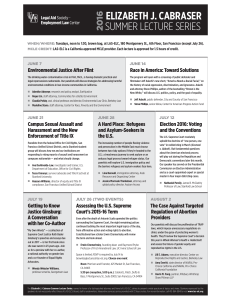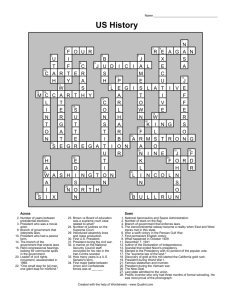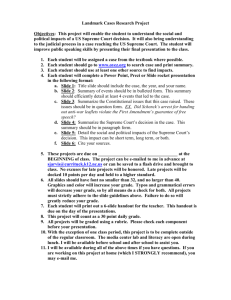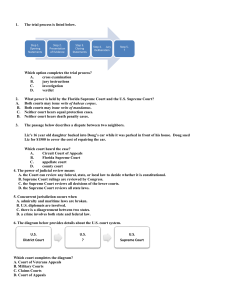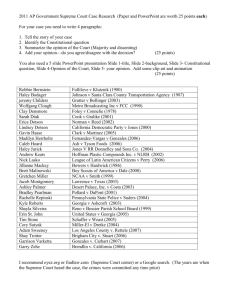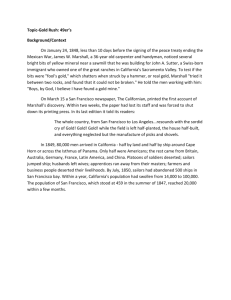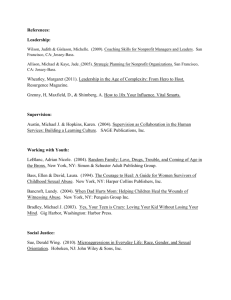Summary of Lau v. Nichols 1974
advertisement
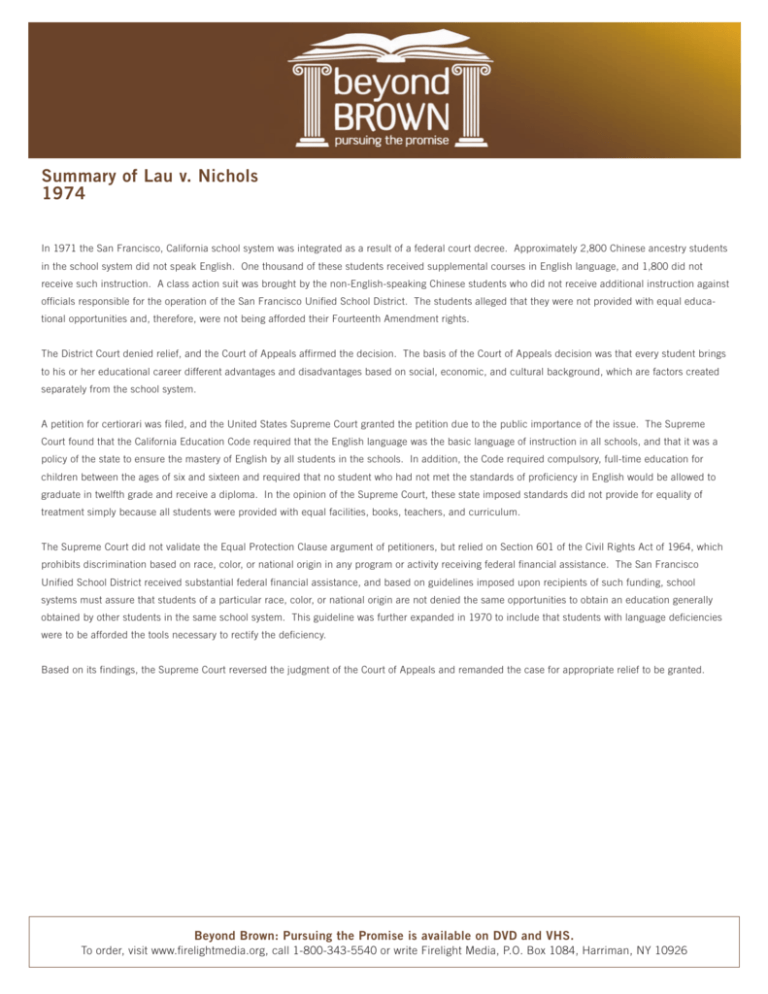
Summary of Lau v. Nichols 1974 In 1971 the San Francisco, California school system was integrated as a result of a federal court decree. Approximately 2,800 Chinese ancestry students in the school system did not speak English. One thousand of these students received supplemental courses in English language, and 1,800 did not receive such instruction. A class action suit was brought by the non-English-speaking Chinese students who did not receive additional instruction against officials responsible for the operation of the San Francisco Unified School District. The students alleged that they were not provided with equal educational opportunities and, therefore, were not being afforded their Fourteenth Amendment rights. The District Court denied relief, and the Court of Appeals affirmed the decision. The basis of the Court of Appeals decision was that every student brings to his or her educational career different advantages and disadvantages based on social, economic, and cultural background, which are factors created separately from the school system. A petition for certiorari was filed, and the United States Supreme Court granted the petition due to the public importance of the issue. The Supreme Court found that the California Education Code required that the English language was the basic language of instruction in all schools, and that it was a policy of the state to ensure the mastery of English by all students in the schools. In addition, the Code required compulsory, full-time education for children between the ages of six and sixteen and required that no student who had not met the standards of proficiency in English would be allowed to graduate in twelfth grade and receive a diploma. In the opinion of the Supreme Court, these state imposed standards did not provide for equality of treatment simply because all students were provided with equal facilities, books, teachers, and curriculum. The Supreme Court did not validate the Equal Protection Clause argument of petitioners, but relied on Section 601 of the Civil Rights Act of 1964, which prohibits discrimination based on race, color, or national origin in any program or activity receiving federal financial assistance. The San Francisco Unified School District received substantial federal financial assistance, and based on guidelines imposed upon recipients of such funding, school systems must assure that students of a particular race, color, or national origin are not denied the same opportunities to obtain an education generally obtained by other students in the same school system. This guideline was further expanded in 1970 to include that students with language deficiencies were to be afforded the tools necessary to rectify the deficiency. Based on its findings, the Supreme Court reversed the judgment of the Court of Appeals and remanded the case for appropriate relief to be granted. Beyond Brown: Pursuing the Promise is available on DVD and VHS. To order, visit www.firelightmedia.org, call 1-800-343-5540 or write Firelight Media, P.O. Box 1084, Harriman, NY 10926


